Intensiv agriculture
Pollution from agriculture remains one of the core pressures on Europe’s water bodies
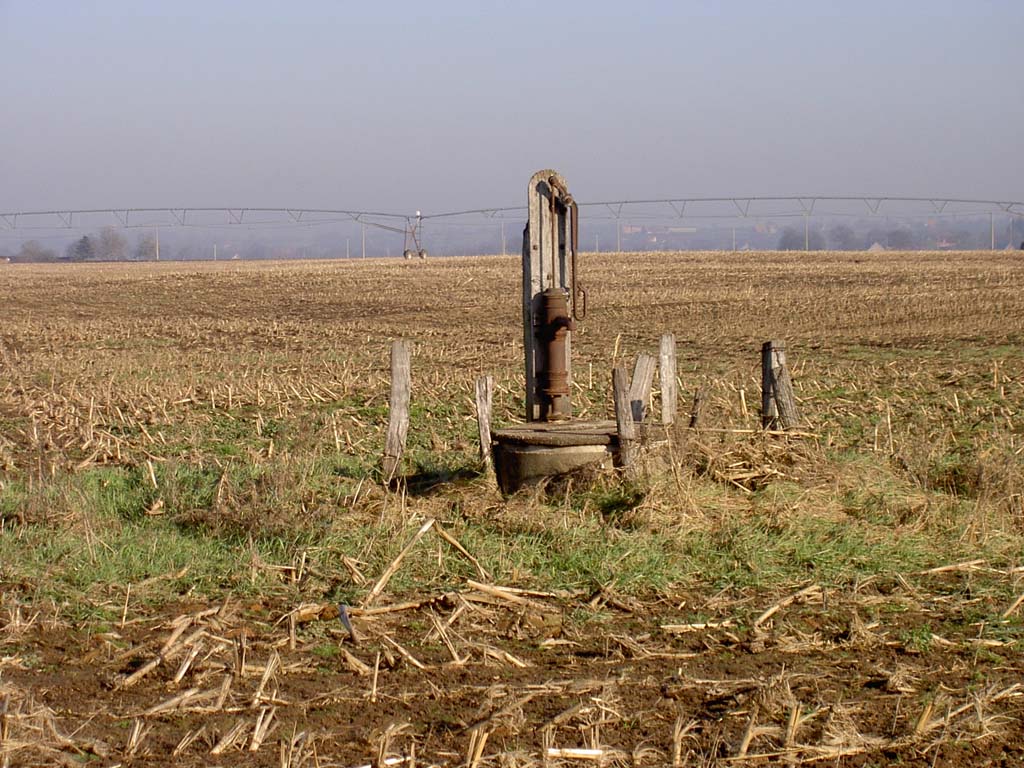
CR JJ.LAllemant
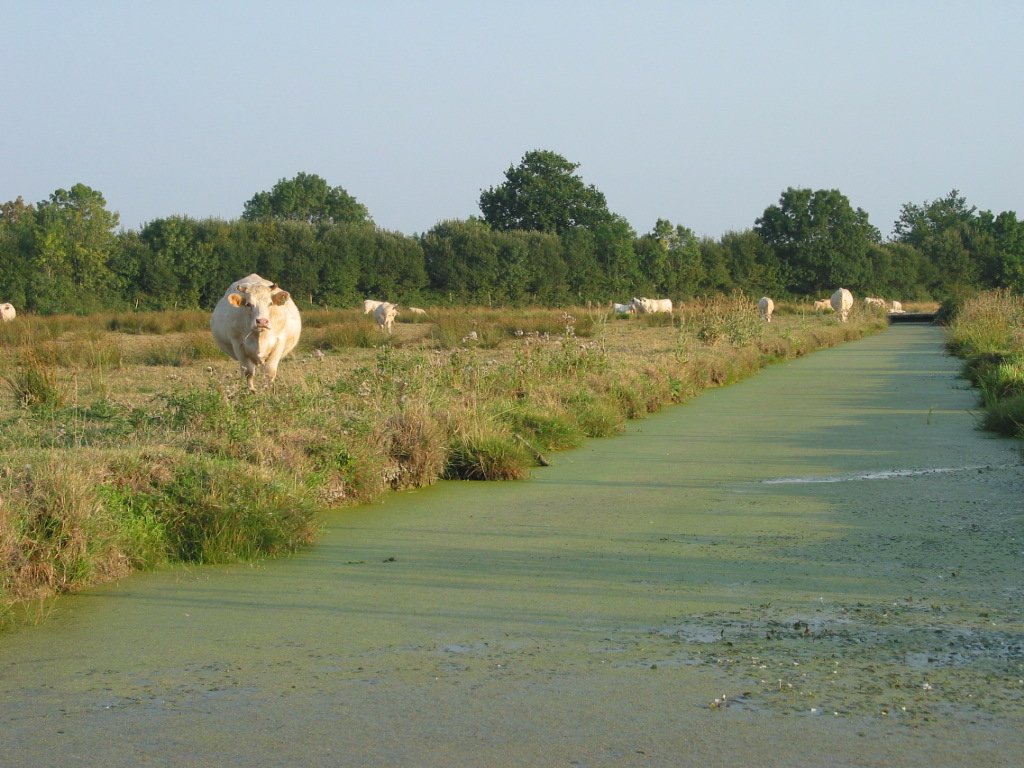
CR GIP Loire Estuaire
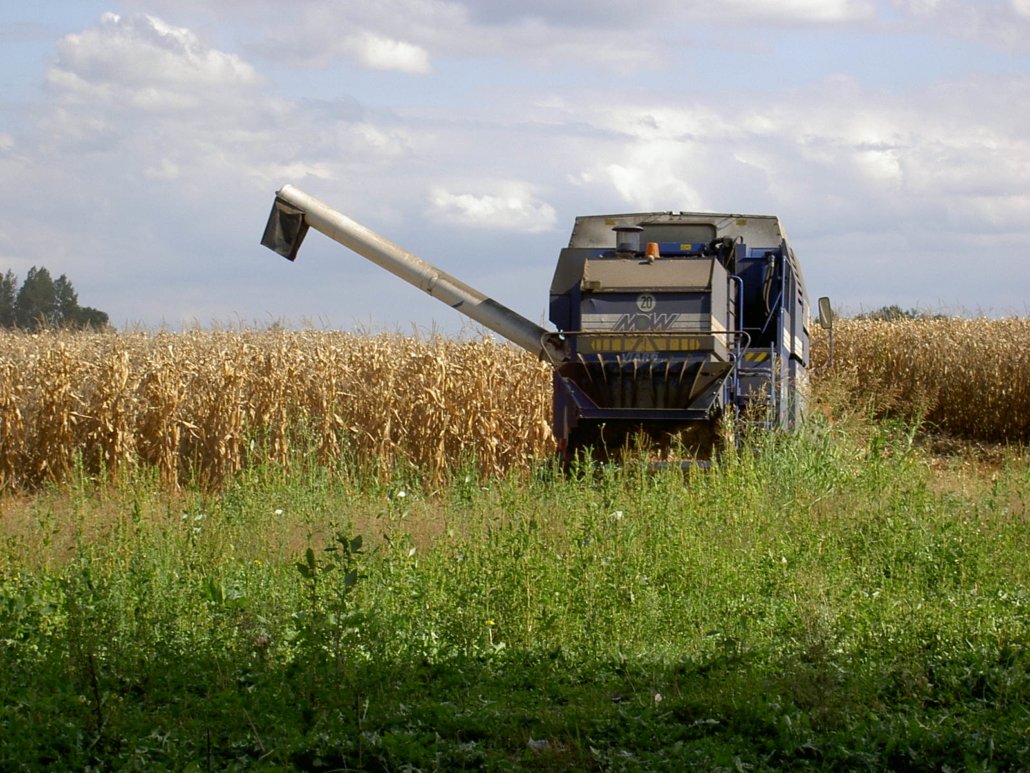
CR JJ.LAllemant
Extract from our Living Rivers Europe Brochure co-edited by ERN :
Pollution from agriculture remains one of the core pressures on Europe’s water bodies. A quarter of EU surface waters fail to meet WFD targets as a result of fertiliser, pesticide and sediment pollution from farms. This figure is considerably higher in some Member States, reaching 95 per cent in Belgium. However, figures vary widely between states with similar agricultural systems, suggesting inconsistent monitoring regimes.
Abstraction for agriculture remains a significant pressure in the EU, changing the flow regime of many river basins and lowering groundwater levels. It is especially roblematic in the Mediterranean climate, often pushing Member States into situations of water scarcity. Current planned measures to address over-abstraction and ensure the long-term
sustainability of abstraction are inadequate.
Similarly, no Member State has addressed agricultural pollution effectively, despite evidence that the benefits of doing so often exceed costs and the availability of adequate funding through various EU mechanisms. Elements of good practice do however exist across many Member States. Collectively, the examples outlined in the following case studies cover each step set out in the WFD: the identification of targets, of basic and supplementary measures, and of appropriate funding. Together they demonstrate that a proportionate and effective response is possible, and start to provide a toolkit for achieving one.
More to read in the Living Rivers Europe Brochure co-edited by ERN
• Member States need to adopt and implement binding measures to tackle diffuse pollution, as voluntary approaches have proven not to deliver the scale of change needed to achieve the WFD objectives.
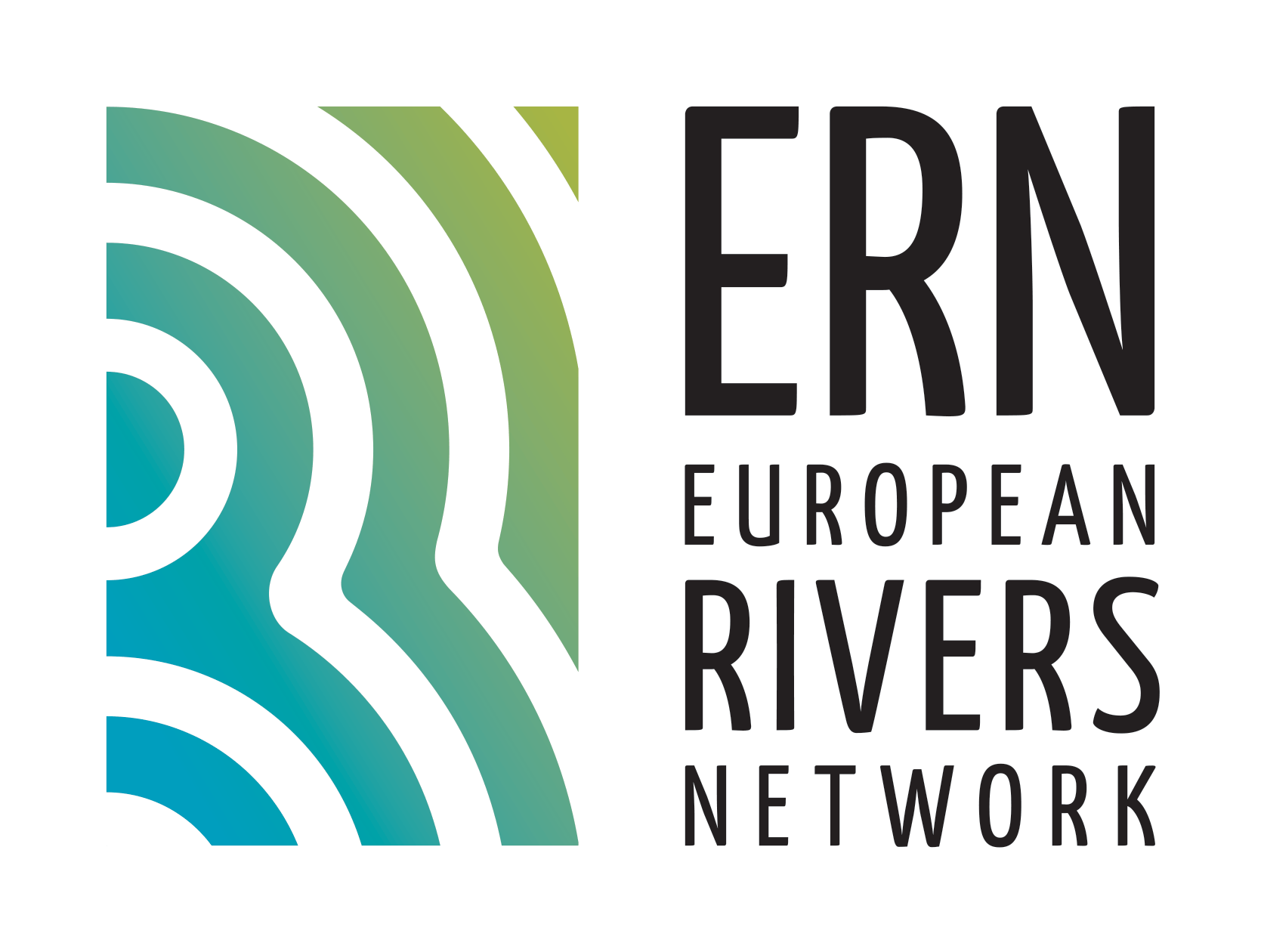




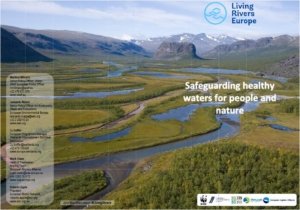
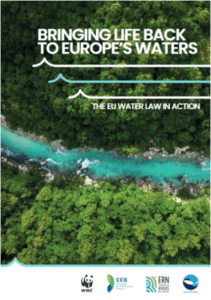
 ERN France
ERN France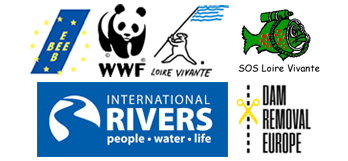 ERN is the official WWF Freshwater Partner in France and cooperates with WWF Switzerland, Austria, Netherlands and others
ERN is the official WWF Freshwater Partner in France and cooperates with WWF Switzerland, Austria, Netherlands and others